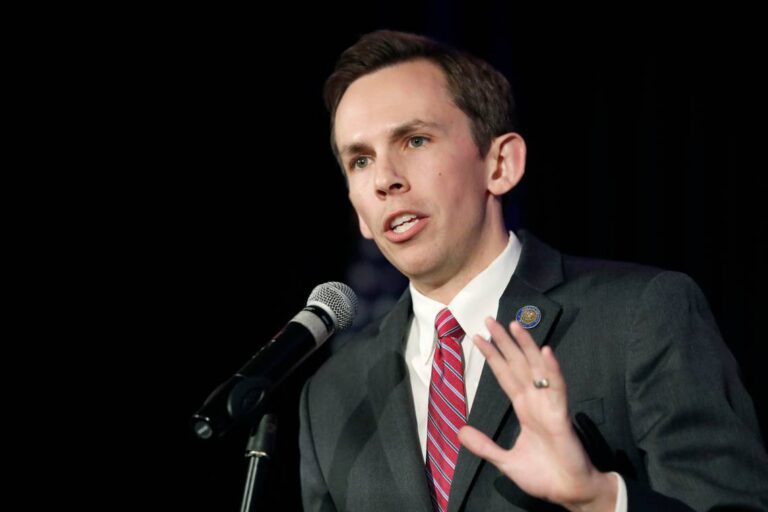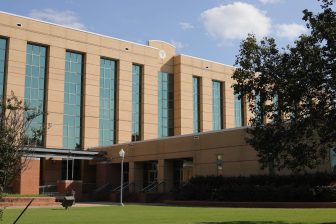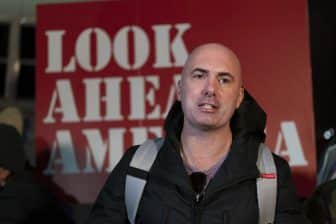
While pandemic child tax credits meaningfully reduced financial stress for Mississippi families, federal child care supports have been less effective than in other states because of poor administration, a new report finds.
Researchers at The Center for the Study of Social Policy surveyed and interviewed Mississippi parents and child care providers to understand the impact of federal stimulus efforts, namely the increased child tax credit and stabilization grants to child care centers. The authors found that while the child tax credit payments meaningfully eased financial burdens for families, grants for child care centers experienced a delayed rollout and providers have struggled from a lack of clear spending guidelines.
The state received $319 million in federal funds for stabilization grants, which were meant to steady an industry that had experienced significant COVID-19 disruptions. Data from the 2021 Mississippi Child Care Market Rate Survey showed that 72% of providers closed at some point due to COVID-19, 80% had reduced enrollment, and 78% lost revenue.
Despite this, the Department of Human Services (DHS), the agency that administers the stabilization grants and has recently been embroiled in scandal, did not seek input from stakeholders when creating the process and has changed the rules of the program multiple times, according to providers and advocates interviewed in the report.
“When we talked to stakeholders who have worked on child care for decades in Mississippi, most really pointed to issues around the limited capacity of the state agency to administer the funding,” Elisa Minoff, one of the report authors, told Mississippi Today.
Minoff said that other states they looked at brought stakeholders into the conversation sooner to decide how to spend the stimulus funds, and created clearer guidelines and schedules for spending the money and what types of reporting were expected. She also said that for states with limited capacity like Mississippi, the federal government should be providing more support to ensure these programs run smoothly.
Democratic state lawmakers held a hearing with DHS last month after advocates complained that the agency was not adequately answering questions from providers.
Carol Burnett, director of the Low Income Child Care Initiative, spoke at the hearing addressing the issues with the short grant period of six months and the need for more technical assistance. DHS Director Bob Anderson responded to the concerns voiced at the hearing by saying that the agency cannot “take providers by the hand.”
“I felt like (Anderson’s comment) was dismissive of the genuine desire on the part of providers to be compliant, and a desire to know for sure if what they planned to do with the money was acceptable,” Burnett said. “Given the recent fiasco at DHS, you would think that they would be equally as eager to make sure that this grant program goes well.”
The report also identified Mississippi’s process for applying for child care vouchers as particularly onerous, since it requires single parents to pursue child support from the non-custodial parent and frequently pushes parents out during yearly redetermination.
Despite issues with the child care stabilization grants, the report found that the expansion of the child tax credit was an effective method of decreasing financial insecurity and pointed to other research that it could cut child poverty in Mississippi in half if made permanent. The expansion of the tax credit meant that 351,000 children in Mississippi who were previously ineligible could receive benefits last year.
Approximately 86% of Mississippi children benefited from the credit in 2021, with the average monthly payment amounting to $439 per family, according to U.S. Department of Treasury data.
Parents reported spending their credit on basic necessities, with the top five uses of the expanded payments being food and groceries, clothing, internet and utility bills, rent or mortgage, and child care. The majority of parents surveyed — 61% — said the credit reduced daily financial anxiety and 25% said it reduced the financial anxiety of their children.
One parent interviewed for the report explained the usefulness of the credit, saying, “What people fail to realize is, I have a bachelor’s degree. I have a stable job. I wish I could just open up to some people like, ‘I need help.’ It might not be forever, but if I had two or three years of [government programs] to let me get higher, what’s wrong with that if our government has it. Our government spends a lot of money on a lot of stuff…That’s something that just gets on my nerves— [people say] ‘Get up and get a job.’ I got one.”
The credit was automatically available to anyone who had filed a tax return with dependents last year, but people who didn’t file taxes were still able to sign up. The authors pointed out that the ease of accessing the funds was part of what made the credit so successful, especially when compared to other government assistance.
“The saying goes, ‘it takes a village to raise a child’ and that’s really true,” Minoff said. “But parents have really been doing it on their own for so long without enough support from society. With the federal investments that we saw last year, it was an indication of what could happen if we move towards providing families those holistic supports they need.”
The post Report: Mississippi misses opportunity to make the most out of child care stimulus funds appeared first on Mississippi Today.












